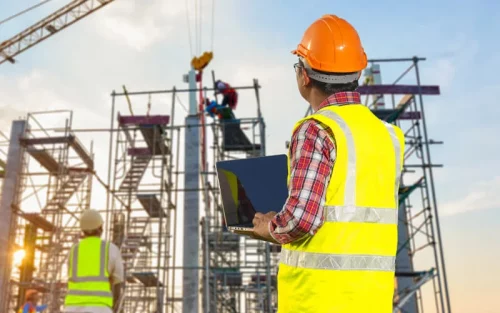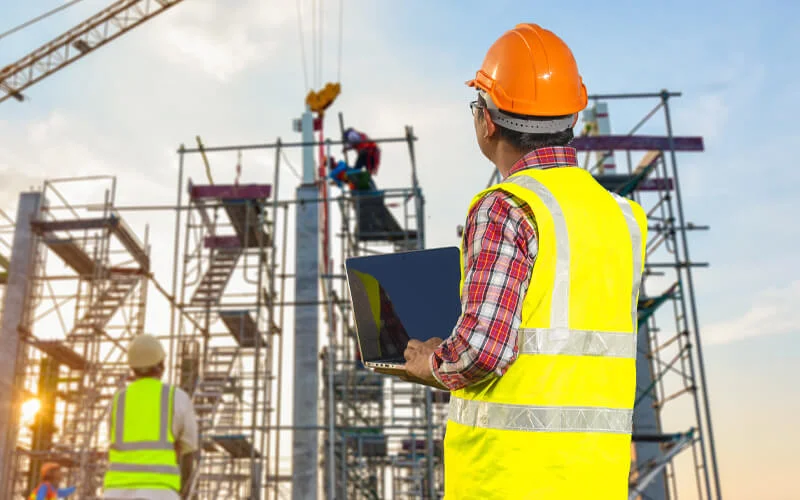
Forklifts are inherently dangerous. They’re also essential to many occupations in South Florida and nationwide. From boatyards to warehouses, this heavy machine has the potential to injure, maim, or even kill its operators and bystanders.
The injuries from forklift-related accidents are severe, but thankfully, they’re often preventable. According to the Occupational Safety and Health Administration (OSHA), on average, forklift accidents account for 85 deaths and 34,900 serious injuries every year, and 70% of these accidents are preventable. If a majority of forklift accidents are preventable, why do they occur?
The Causes of Forklift Accidents
Injuries from a forklift-related accident can happen when the operator is insufficiently trained, the workplace is designed with impediments or is ill-suited for the forklift, the forklift isn’t maintained or is maintained improperly, or an operator is negligent and causes harm to themselves or others.
The operator, the forklift itself, and a problematic workplace are crucial factors in forklift cases, which operate under the same formula as every negligence case: duty, breach, causation, and damages. In a forklift accident case, the injured party must prove that the defendant was negligent and that said negligence was the cause of their injury.
Case Study: A Forklift Accident in Naples
On March 17, 2021, a mechanic’s arm became lodged in a forklift while working in a boatyard in Naples, Florida. The mechanic was nearly 30 feet high when he became stuck in the heavy-duty machine. Rescue crews worked for over seven hours to free his limb from the forklift.
Using heavy-duty tools to cut through sections of the lift and its chains, the man was freed by emergency responders. Tragically, the mechanic required amputation of his arm at the hospital.
In this case, there were various sources of negligence: the experience and qualifications of the operator, the layout of the boatyard and any potential impediments on the property, the number of employees working on the boatyard, the instruction that the employee operator received from his boss, and any potential defects of the forklift. The injured boatyard mechanic would have had to prove that one or more of these factors led to his injury and that a third party is responsible, or that his employer was grossly negligent or intentionally hurt him.
How an Attorney Can Help
In the event of a tragic accident such as the incident in the Naples boatyard, Aigen Injury Law would immediately investigate the facts and circumstances leading to the accident. Every culpable party would be closely scrutinized, from the boatyard company to the forklift manufacturer.
Employers benefit from workers’ compensation immunity except in the most egregious circumstances. In this case, the mechanic working for the boatyard would have to prove the boatyard’s conduct was virtually certain to result in his injury or that the boatyard deliberately intended to hurt him. This concept, which shields the boatyard, is known as vertical immunity.
On the other hand, if the injury arose from the negligent actions of another subcontractor, then the mechanic must only prove that the subcontractor was grossly negligent. This concept, which shields any potential subcontractors, is known as horizontal immunity.
Often, a thorough investigation by a competent Miami personal injury attorney will reveal several safety violations and carelessness that leads directly to catastrophic injuries or death.
Contact Aigen Injury Law
If you have been injured in a forklift accident, contact Aigen Injury Law. There is no up-front cost to you to contact Aigen Injury Law for a case review. Contact our office today for a free consultation and learn more about how we can help you.
Originally published March 30, 2022. Updated January 18, 2024.
